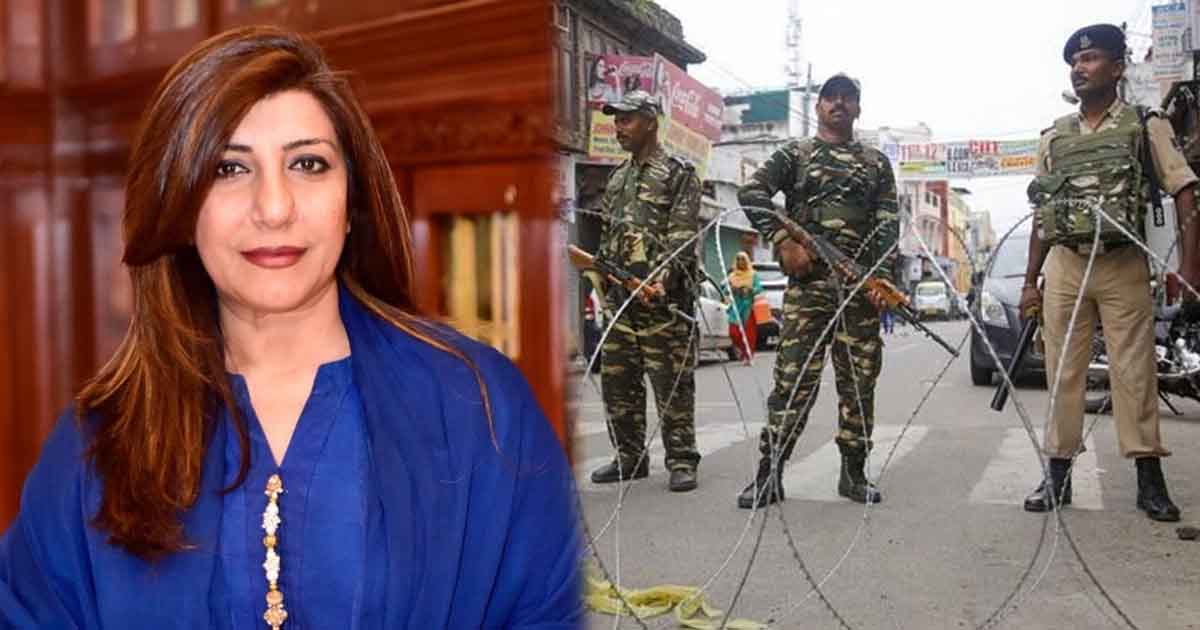Last week, India was elected a non-permanent member of the United Nations Security Council. 192 countries participated in the election and 182 member states voted for India. Undoubtedly, the win is a serious setback for Islamabad– especially with a host of bilateral disputes including Kashmir on the UN’s agenda. But the election triumph at the UN for India also has many lessons for arch rival Pakistan.
Firstly, Islamabad must come to grips with the objective realities of geo-politics that have a bearing on the attitude of the international community towards India. Clearly the world has not taken heed of the Pakistani narrative on Kashmir and a majority of the international community looks at it as an internal matter where human rights have been violated.
Secondly, Pakistan has not been able to win real, solid support for its cause– that of the right of self-determination for the people of Kashmir guaranteed under Security Council resolutions.
Read more: Challenging Times for Kashmir
Thirdly, Islamabad has failed to realize that in the real world, the size and strength of a country are more relevant than the issue of human rights violations in a region that remains disputed. India is crucial to EU, the US, South America, Africa, Australia, Japan and many other countries or regions for its size, population, trade potential etc. These countries or blocks will not allow any diminution in their commercial and trade links with a country as big as India.
Fourthly, for all its human rights violations in Kashmir and the atrocities its forces commit on a daily basis, India is a democracy.
Apart from being the only Muslim majority state in Kashmir where its record does not match its tall claims of democracy, there is pluralism and transparency in the method of electing representatives to its assemblies and national parliament.
No fingers have been raised at the fairness of any Indian election, and for a developing country with a population of 1.3 billion people, this is a matter of pride. The world sees India as a bright example of the supremacy of institutions where the rule of law has never been threatened by any unconstitutional interventions.
Pakistan should not view India only in terms of an RSS onslaught juggernaut that has been let loose. The Modi government will not last forever and there are other saner forces in that country
Islamabad must begin to evaluate its policy in the context of ground realities. The struggle of the people of Kashmir has now reached a stage where it does not require any external props; it has become sustainable on its own steam.
The demand of the Kashmiri people for more autonomy must be supported, but let us not forget that Pakistan proposed in the not too distant past that the current borders between India and Pakistan not be disturbed– in the famous four-point formula presented by General Musharraf in 2006. In other words, Islamabad had accepted for the time being at least, the validity of the current borders.
Be that as it may, there is a need to establish a convergence for initiating dialogue on resolving the conflict over the issue of Kashmir. More importantly, while bilateral issues remain unresolved, there should be some forward movement on promoting trade and cultural contacts.
India and China have many strategic differences but their bilateral trade has reached almost $100 billion! Pakistan’s relations should not be held hostage to the non-resolution of the Kashmir dispute.
Read more: India in Kashmir: International law invalidates occupation
Pakistan should not view India only in terms of an RSS onslaught juggernaut that has been let loose. The Modi government will not last forever and there are other saner forces in that country. Not all of them share the ideology or tactics of the RSS or the extreme right-wing policies of Bharatiya Janata Party. The BJP government should not be allowed to destroy the peace of South Asia. This can be done by keeping the channels of communication open and waiting for opportunities should there be a change of government in Delhi.
India and Pakistan have a long way to go. But prudence requires that chances for some rapprochement should not be destroyed by dismantling structures or institutions that could help in keeping the two countries engaged in some sort of mutual contact despite the many road blocks.
Rustam Shah Mohmand is a specialist of Afghanistan and Central Asian Affairs. He has served as Pakistan’s ambassador to Afghanistan and also held position of Chief Commissioner Refugees for a decade. The article originally appeared at Arab News Pakistan Edition and has been republished with the author’s permission. The views expressed in this article are the author’s own and do not necessarily reflect the editorial policy of Global Village Space.













